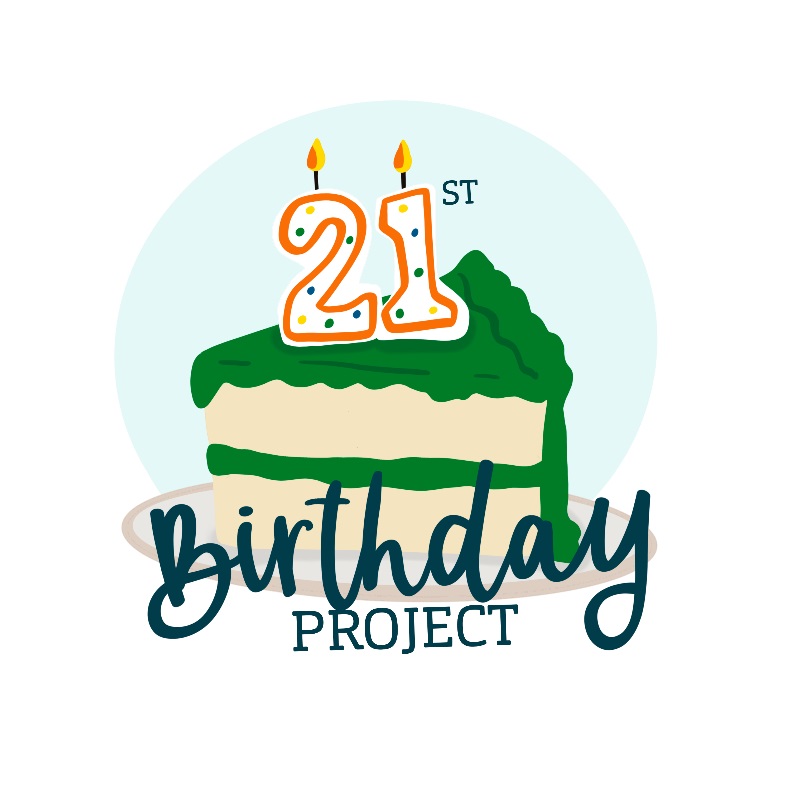The Standard of Conduct defines the University’s jurisdiction and the minimal behavioral expectations for students and student organizations.
All members of the university community are held responsible for their behavior and for respecting the rights of others. Missouri S&T endeavors to encourage a culture of compliance. The university is committed to providing education regarding the negative impacts of illicit drug use, misuse of prescription drugs, and the excessive or illegal consumption of alcohol.
Missouri S&T regulations prohibit the unlawful manufacture, distribution, dispensation, possession, or use of alcohol and illicit drugs on all University-owned or controlled properties and at University-sponsored or supervised activities, including school-related events or professional meetings requiring travel. The respective Standards of Conduct apply to all employees, students, and student organizations, including organizations that have University Approved Housing faculties.
The sale, manufacture, distribution, or possession of any controlled substance is illegal under both state and federal laws. Missouri S&T University Police strictly enforce these laws. Violators are subject to University disciplinary action, criminal prosecution, fines, and/or imprisonment.
For more information on policies at S&T, read our Notice of Compliance.


Follow Student Well-Being